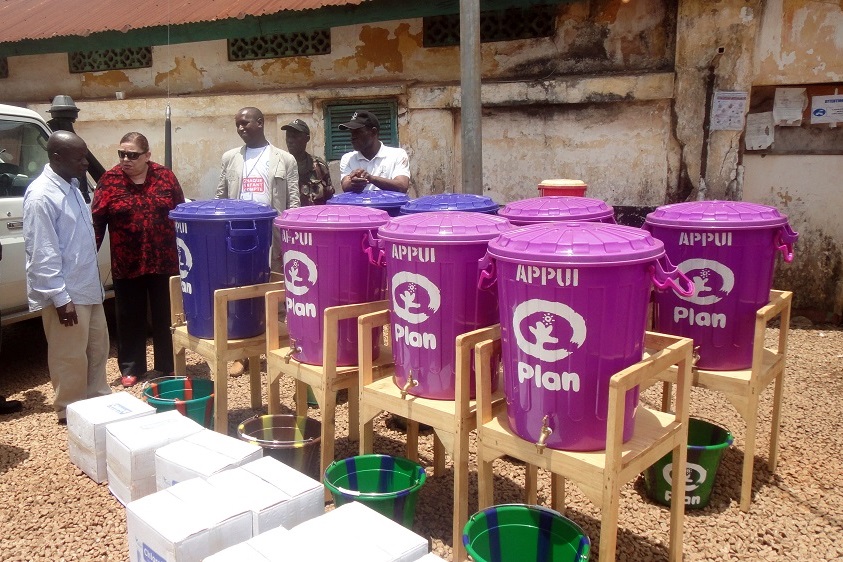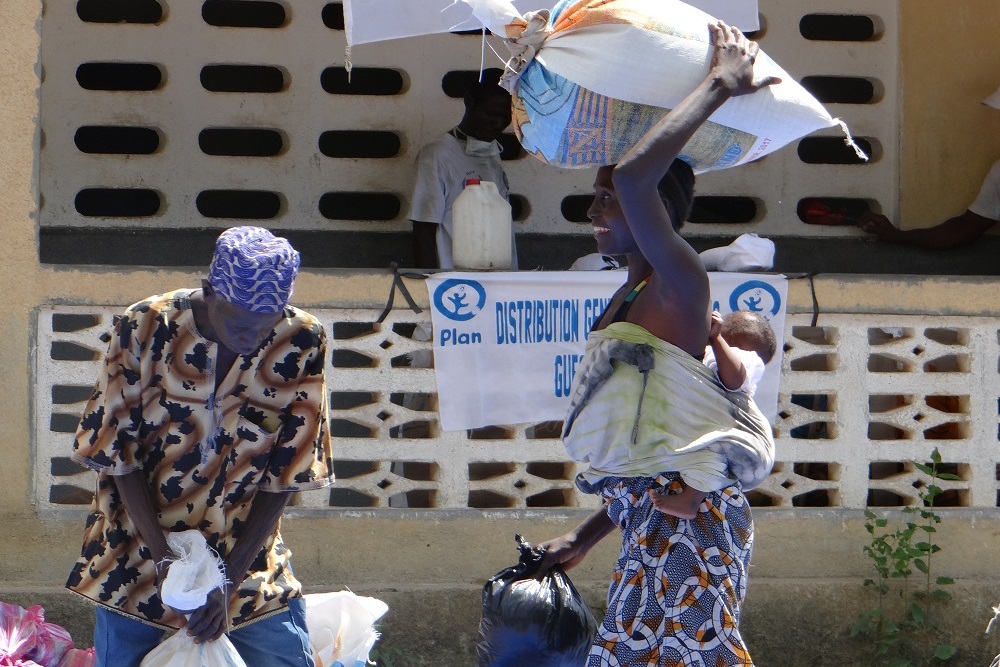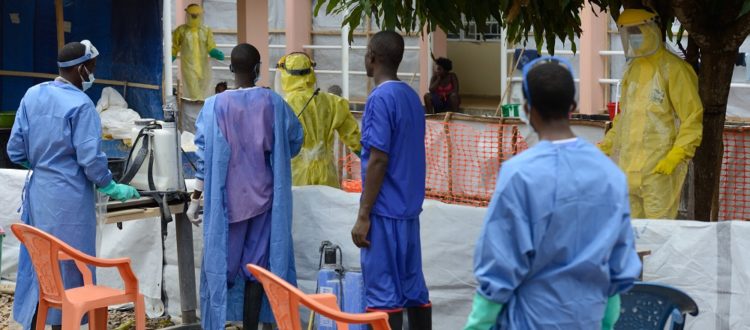Ebola outbreak – Help children, families and caregivers
The Ebola outbreak in West Africa has been declared an international health emergency by the World Health Organisation.
So far, more than 5,420* children and adults – mostly in Guinea, Liberia and Sierra Leone – have been killed by the disease. Many other countries are on high alert. Eleven Plan sponsored children have died, and 170 sponsored children have been orphaned or lost at least one parent as at 26 November 2014.
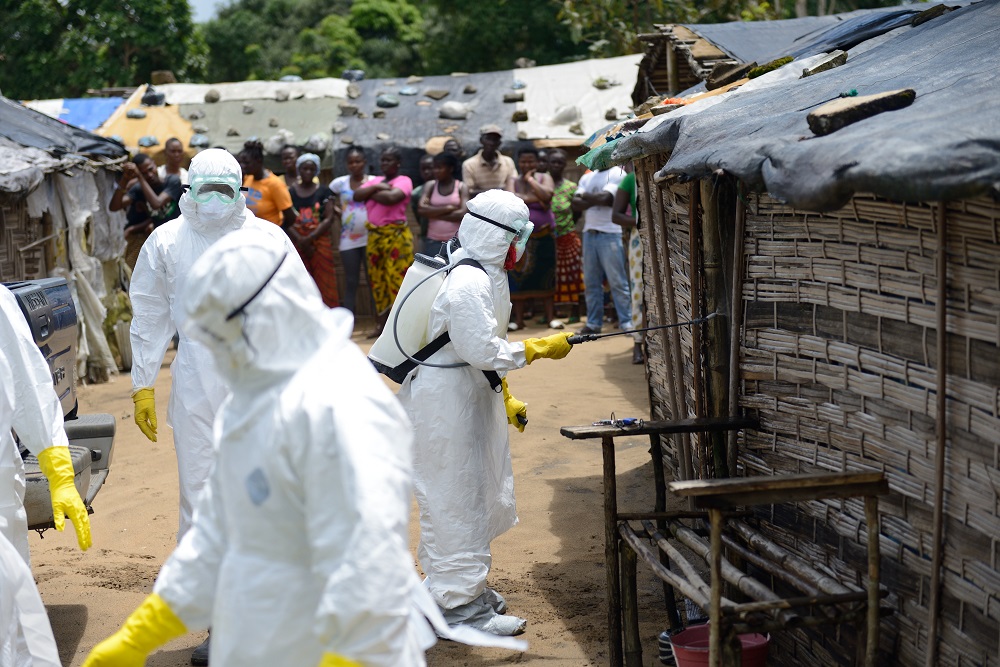
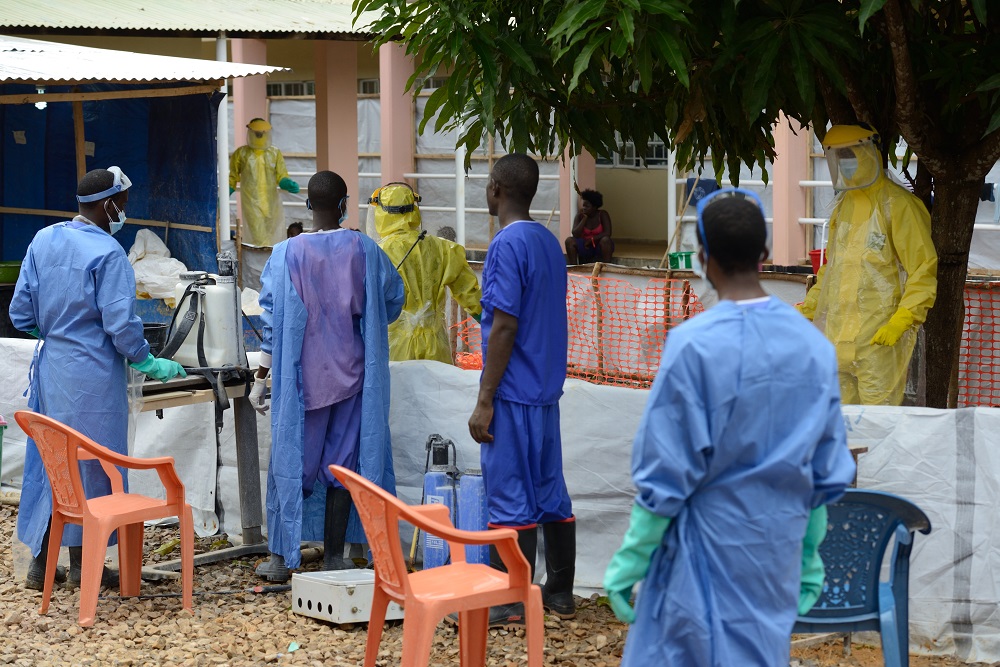
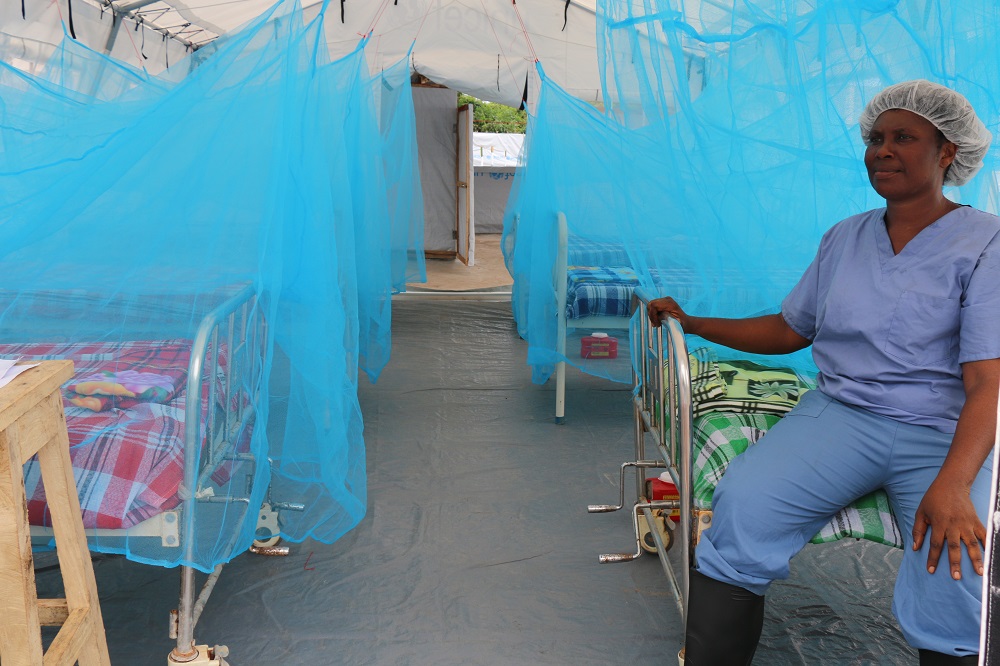
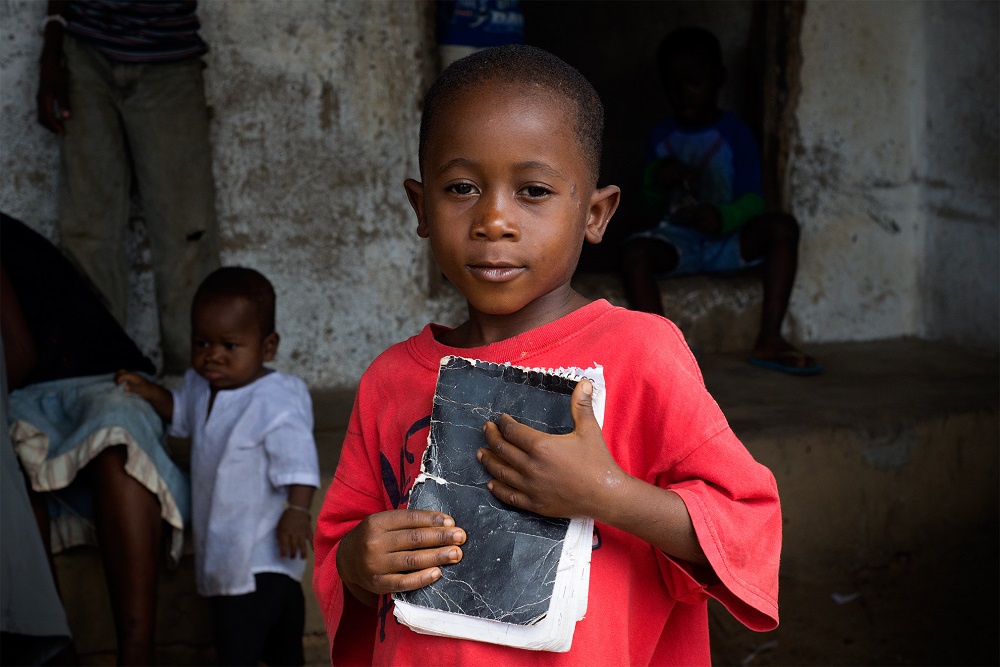
Ebola is one of the most virulent diseases known. There is no vaccine or cure.
Plan is on the ground fighting the outbreak in communities across Guinea, Liberia and Sierra Leone. Our response includes:
- Running public health information campaigns, including radio broadcasts
- Providing medical kits
- Distributing food aid
- Training health workers in effective infection control procedures
- Setting up hand-washing stations at schools, health posts and other public facilities to help keep people safe
- Setting up Ebola community care units to provide crucial treatment for suspected cases and prevent infection in the communities
*According to World Health Organisation, 19 November 2014.
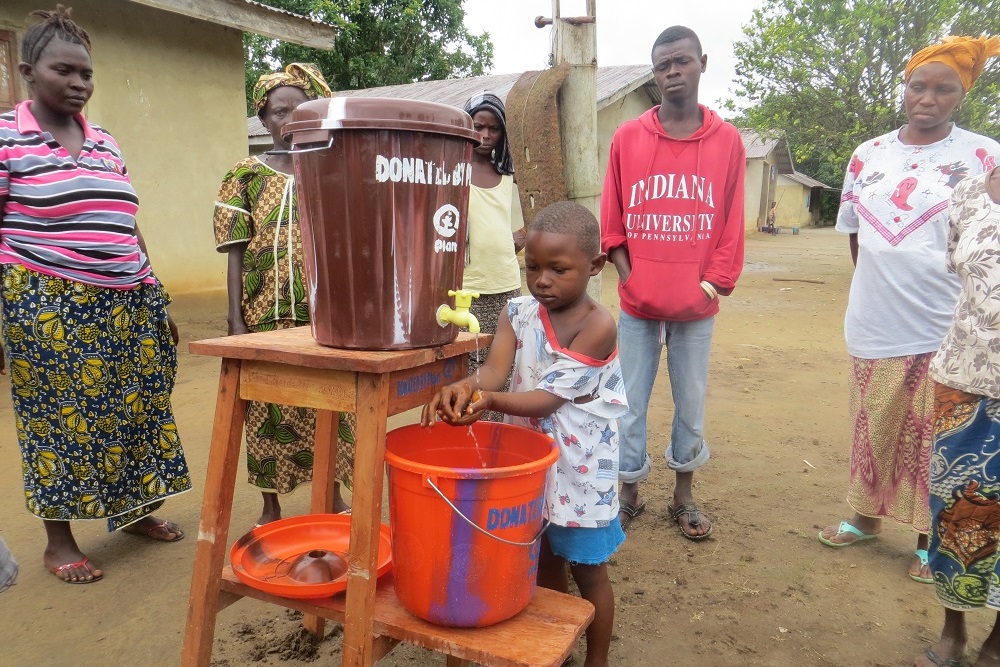
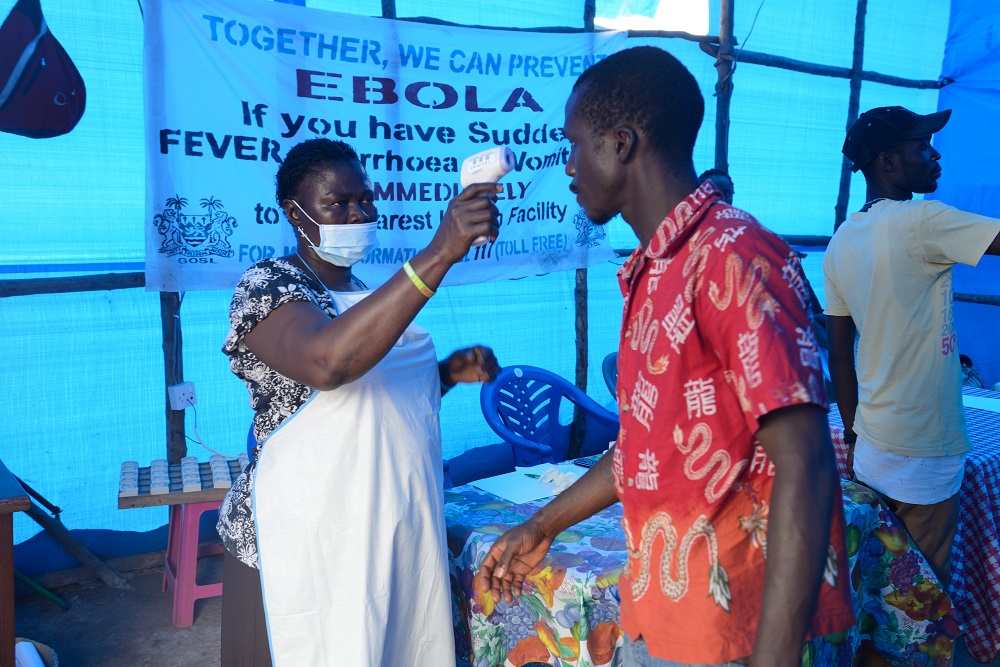
Ebola’s impact on children
- Family separation, neglect and abandonment of children
Children become separated due to the death of their parents, or abandonment by their parents whereby children are sent off to extended family outside affected areas out of fear of contamination. Extended families may not always be willing to take care of the children. - Social stigma and discrimination
Those suspected of having Ebola as well as their family members are forced to remain confined to the house for 21 days. When they return to their communities after quarantine, they face fear and discrimination, and they are often threatened. - Psychosocial distress
Children may witness the suffering period and sudden death of family members or neighbours. But they are not allowed to play with friends, which gives them fewer chances to express their feelings. They are also unable to receive any social or psychological support at health centres. - Lack of education and development opportunities
Schools are closed, and parents refuse to send their children to activities for fear of contamination. They also prevent them from gathering in playgrounds. - Impact on livelihoods and exploitation of children
Due to economic disruption, which has direct impact on household income, more children are forced to earn income by selling palm oil or doing hazardous work such as mining.
You can help the children in West Africa whose are influenced by Ebola through the following ways:
Online Donation
Make a donation with your credit card immediately.
Bank Transfer
Please make a direct deposit into HSBC account #640-068292-838.
To get a donation receipt for tax reduction, please mail the original bank receipt together with your name, address, telephone number and mark “Ebola outbreak” to Plan International Hong Kong Limited, Rm 1104, 11/F, Cameron Commercial Centre, 458 Hennessy Road, Causeway Bay, HK.
Crossed Cheque
Please make cheques payable to Plan International Hong Kong Limited. Please write your name, address, telephone number and mark “Ebola outbreak” at the back of the cheque and mail to Plan International Hong Kong Limited, Rm 1104, 11/F, Cameron Commercial Centre, 458 Hennessy Road, Causeway Bay, HK.
